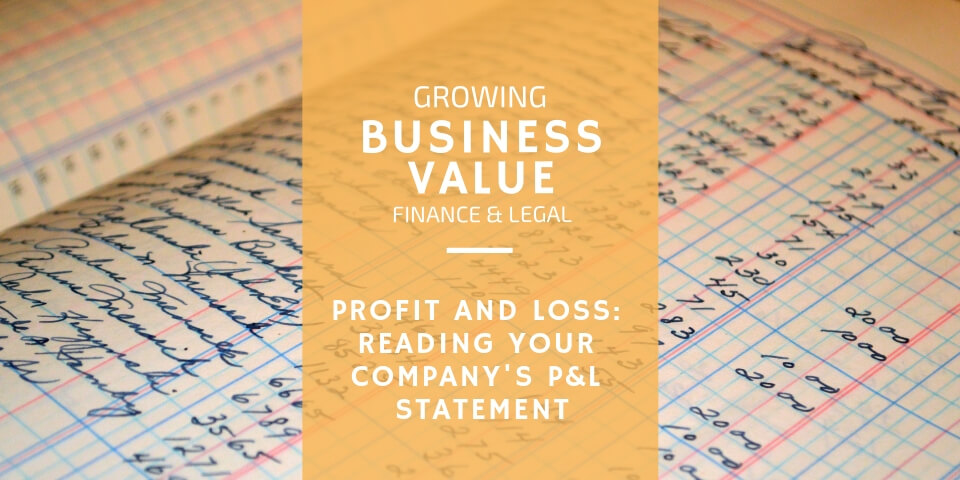
Profit and Loss: Reading Your Company’s P&L Statement
March 22, 2019
9 Financial Statements Business Owners Should Examine Regularly
March 27, 2019Zero-Based or Incremental… Which Budget Strategy is Best for You?

The word “budget” often strikes fear in the hearts of business owners. Yet, a budget is simply a tool that allows business owners to make prudent and wise decisions. That’s all it is. Nothing more and nothing less. So today, I want to talk about two different budget strategies you can use to anticipate your yearly income and expenses: the zero-based or the incremental budget strategy.
Podcast Time Index for “Zero Based Budgeting vs. Incremental Budgeting”
00:22 – Zero Based Budgeting vs. Incremental Budgeting
01:35 – What is Zero Based Budgeting?
02:54 – What is Incremental Budgeting?
03:20 – Pros & Cons
03:33 – Zero Based Budgeting
07:51 – Incremental Budgeting
11:17 – Summary
The Zero-Based Budget Strategy
Let’s start with zero-based budgeting. In this budget strategy, you wipe the slate of previous years clean and start this year’s budget from scratch. Essentially, you focus on creating the ideal budget and allocating percentages of your income to your different expenses.
The Advantages of Zero-based budgeting:
- Ensures efficient allocation of funds based on this year’s needs and benefits.
- Focuses the dollars where they will provide the best return.
- Prevents the past from impacting your decision-making process and changing the way you allocate your dollars.
- Controls departmental entitlement mentalities.
- Allows for meaningful and purposeful discussion about how dollars are going to be spent.
- Eliminates wasteful activities.
The Disadvantages of Zero-based budgeting:
- Takes a lot of time and energy.
- Seems too radical for many business owners.
- Demands commitment and a professional attitude.
- Requires departmental cutbacks.
- Assumes those involved are educated and trained to apply zero-based budgeting, but not everyone is.
- Creates conflict as division heads defend their financial needs.
The Incremental Budget Strategy
Conversely, with incremental budgeting, you refer to previous years’ numbers to create this year’s budget. Rather than starting from scratch, you make some additions and subtractions to last year’s budget allocations. Basically, you shuffle money around based on where you needed it or spent it last year.
The Advantages of Incremental budgeting:
- Is relatively simple.
- Allows budgeting flexibility.
- Avoids most inter-departmental conflict.
The Disadvantages of Incremental budgeting:
- Does not promote change.
- Removes the initiative for employees to be creative.
- Assumes last year’s budget was “perfect.”
Which Budget Strategy is Right for You?
So which budget strategy is right for your business? Well, either one is a good option. However, one can be more helpful than another depending on what your business needs. If you’re looking to make gradual changes that are easy to implement and that focus on quality refinement, then incremental budgeting is your ticket. Yet, if you’re ready to shake things up and get out of the old “use it, or lose it” mentality, then zero-based budgeting might be best for you. Technically, it doesn’t really matter which budget strategy you use, as long as you’re using a budget. If you do not know how to start a budget, I highly recommend you read 7 Steps to Creating a Business Budget.
For more information on this topic, be sure to listen to the podcast attached or find it on Stitcher, Spotify, iTunes, or Libsyn!
And don’t miss the next post in our Business Growth Series: Financial Statements Business Owners Should Examine Routinely



